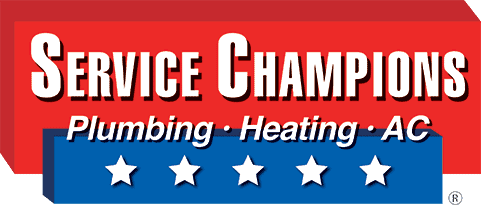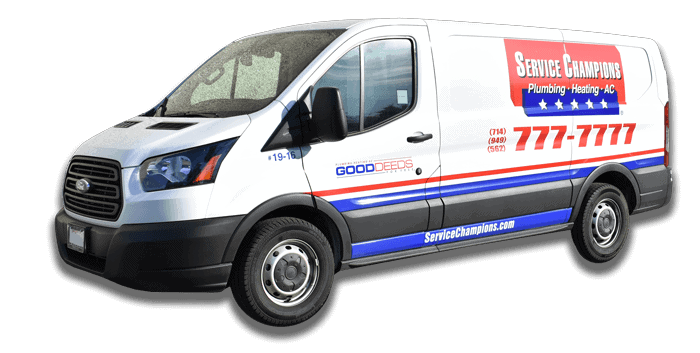Is My Air Conditioner Too Big or Small for My Home?
The Right Size For Your Home
Air conditioners are a great concern to California homes when summer comes around: you want to keep your house cool without spending too much. A practical way to save costs all year long is to make sure that your air conditioner is the proper size for your home.
Unless a technician visits your home and evaluates it, it’s difficult to assess what type or size of air conditioner your home needs. However, there are some rules of thumb to follow to figure out what you’ll be looking for and how efficient your home will be.
There are several factors your technician should consider when recommending the proper fit.
These points include:
- Size of the home
- Vaulted Ceilings or Open Spaces
- Type of Windows and Doors
Measuring Your AC’s Power
The primary factor of determining the size of air conditioner needed is the size of your home. A basic calculation to follow is for every 400 square feet of the home, one ton of air is needed. Your preferred technician can perform a load calculation in your home to determine exactly what you need. A DIY method of figuring out if you have an oversized air conditioner is whether or not your AC runs continuously on a hot day or short-cycles.
Though there are several technical reasons why your air conditioner may experience short-cycling, it is also symptomatic of an AC far too large for your home. Short-cycling refers to when the AC system turns on and off frequently. Because a larger AC unit conditions a greater amount of air faster, once the indoor air reaches the set thermostat, it turns off. This, unfortunately, is highly inefficient, costing more in terms of energy than if a properly sized unit ran cooling continuously.
On the other hand, if you find that your air conditioner does run continuously but experience little to no cooling effect inside of your house, the unit may be too small. The only solution available for this situation is to replace it with one that meets the load calculations of your home.
Determining Efficiency of the Home

The air conditioner, regardless of size, conditions air to its greatest capacity, but a great deal of effective air conditioning depends on the structure of your house. For example, vaulted ceilings or open ceilings create large open spaces inside of the house. When the air conditioner runs, it works to condition even the air kept in that space yet you’ll never be cooled by that conditioned air. In this case, vaulted ceilings cause are inefficient when it comes to air conditioning because your central air system works to condition extra air that won’t be used.
If your home has several areas of open spaces and high ceilings, a way to improve efficiency is AC zoning which allows only certain parts of the home to heat or cool.
Likewise, windows that lack efficient technology help heat the home instead of cooling it off. Because sunlight or external heat sources enter the home through the window, your air conditioning works harder and longer to cool heated air.
If you are interested in finding out if your air conditioner is the correct size and how to have it fixed to fit your home, have Service Champions technicians visit for an evaluation.

